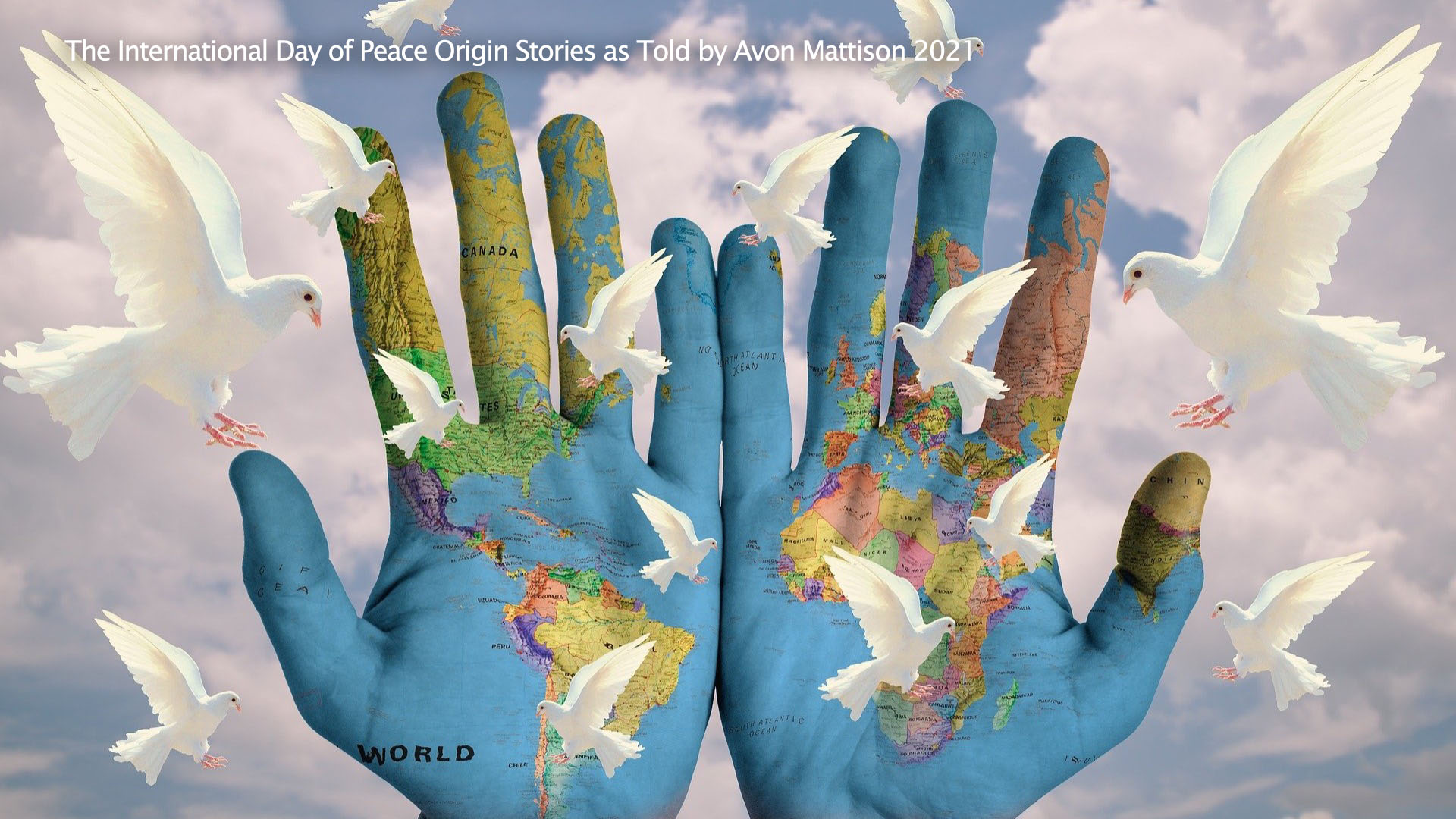In an increasingly tumultuous world, the United Nations’ International Day of Peace, designated for September 21st annually, beckons individuals and communities to reflect on the paramount importance of peace. The Bahá’í teachings, which center on the oneness of humanity and the pursuit of universal harmony, provide profound insights into how this day can be celebrated with spiritual purpose. This article delineates the principles of Bahá’í faith that resonate with the ideals encapsulated within the International Day of Peace, fostering an environment where reflection, action, and spiritual growth coalesce.
The Essence of Peace in Bahá’í Teachings
At the core of Bahá’í philosophy lies the belief that true peace is an intrinsic quality of the human spirit. Bahá’u’lláh, the founder of the Bahá’í faith, articulates that lasting peace emanates from the recognition of our shared humanity. This spiritual understanding transcends superficial barriers—be they racial, ethnic, or national—urging individuals to cultivate unity and love amongst diverse populations. Therefore, as we approach the International Day of Peace, it is vital to reflect on how Bahá’í teachings can illuminate avenues for fostering peace in both personal and communal contexts.
1. Spiritual Reflection: Inner Peace as a Foundation
To celebrate the International Day of Peace meaningfully, individuals must first cultivate inner peace. Bahá’í writings emphasize meditation and prayer as pivotal practices for personal tranquility. Engaging in quiet contemplation allows for self-examination and attunement to celestial virtues such as love, compassion, and patience. Setting aside time on this day to reflect on one’s thoughts and feelings creates a peaceful mental landscape from which more expansive notions of peace can emerge. This inner serenity serves as a catalyst, empowering individuals to radiate peace outwardly to their communities.
2. The Power of Community: Unity in Diversity
The Bahá’í teachings assert that diversity is a source of strength and richness. The International Day of Peace becomes an opportune occasion to foster community engagement that celebrates this diversity. Organizing interfaith dialogues, cultural exchanges, or community service activities not only heightens awareness of different backgrounds but also cultivates an atmosphere of mutual respect and cooperation. Such collaborative endeavors signify a commitment to the idea that peace flourishes when individuals unite across differences, working towards common goals.
3. Education as a Tool for Peace
Education is heralded in Bahá’í literature as a bedrock for societal advancement and the promotion of peace. On this special day, transforming education into a celebration of peace can take various forms. Educational programs focusing on conflict resolution, social justice, and the importance of understanding human rights can be organized in local communities. Workshops and seminars can also be designed to equip participants with skills to engage amicably in discussions, promoting respectful dialogue amidst differing opinions. This educational thrust not only empowers individuals but also nurtures a collective sense of responsibility towards maintaining peace.
4. Acts of Kindness: The Practical Application of Love
In Bahá’í teachings, actions rooted in love and kindness are imperative for building lasting peace. Celebrating the International Day of Peace entails not just philosophical musings, but tangible actions. Initiating acts of kindness—be it offering assistance to those in need, writing letters of encouragement, or creating care packages for marginalized groups—serves to embody the teachings of Bahá’u’lláh. Acts of service awaken the spirit of compassion and foster connections that bridge societal divides. The reverberations of such deeds contribute significantly to nurturing a peaceful community ethos.
5. Global Solidarity: Unity Beyond Borders
Recognizing that peace is a global aspiration encourages collective action transcending geographic confines. The Bahá’í faith teaches that the global community is interdependent, with each individual’s peace linked to the broader social fabric of humanity. Initiatives such as participating in global peace vigils, supporting international humanitarian efforts, or engaging in online platforms celebrating diverse cultures and histories on the International Day of Peace can foster a sense of global kinship. Such solidarity reinforces the notion that peace is not merely a local or national endeavor but a universal commitment that involves every human being.
6. Integrating Peace into Daily Life
Lastly, the celebration of the International Day of Peace invites individuals to reflect on how the principles of peace can be integrated into their daily lives beyond this one day. The Bahá’í teachings advocate for the cultivation of habits reflecting peace, such as practicing forgiveness, honing virtues of justice, and fostering an environment of respect in all interactions. By making conscious choices to embody these values daily, one contributes to a more peaceful existence, transforming individual behaviors into a collective movement towards lasting peace.
In conclusion, the intersection of Bahá’í teachings and the United Nations’ International Day of Peace serves as a compelling framework for both introspection and action. By engaging in spiritual reflection, embracing community diversity, emphasizing education, practicing kindness, promoting global solidarity, and incorporating peace into everyday life, individuals can celebrate this day with a profound spiritual purpose. In doing so, they contribute not only to their personal peace but also to the overarching aim of a harmonious global community, thus fulfilling the celestial mandate for peace set forth in the divine teachings of Bahá’u’lláh.
